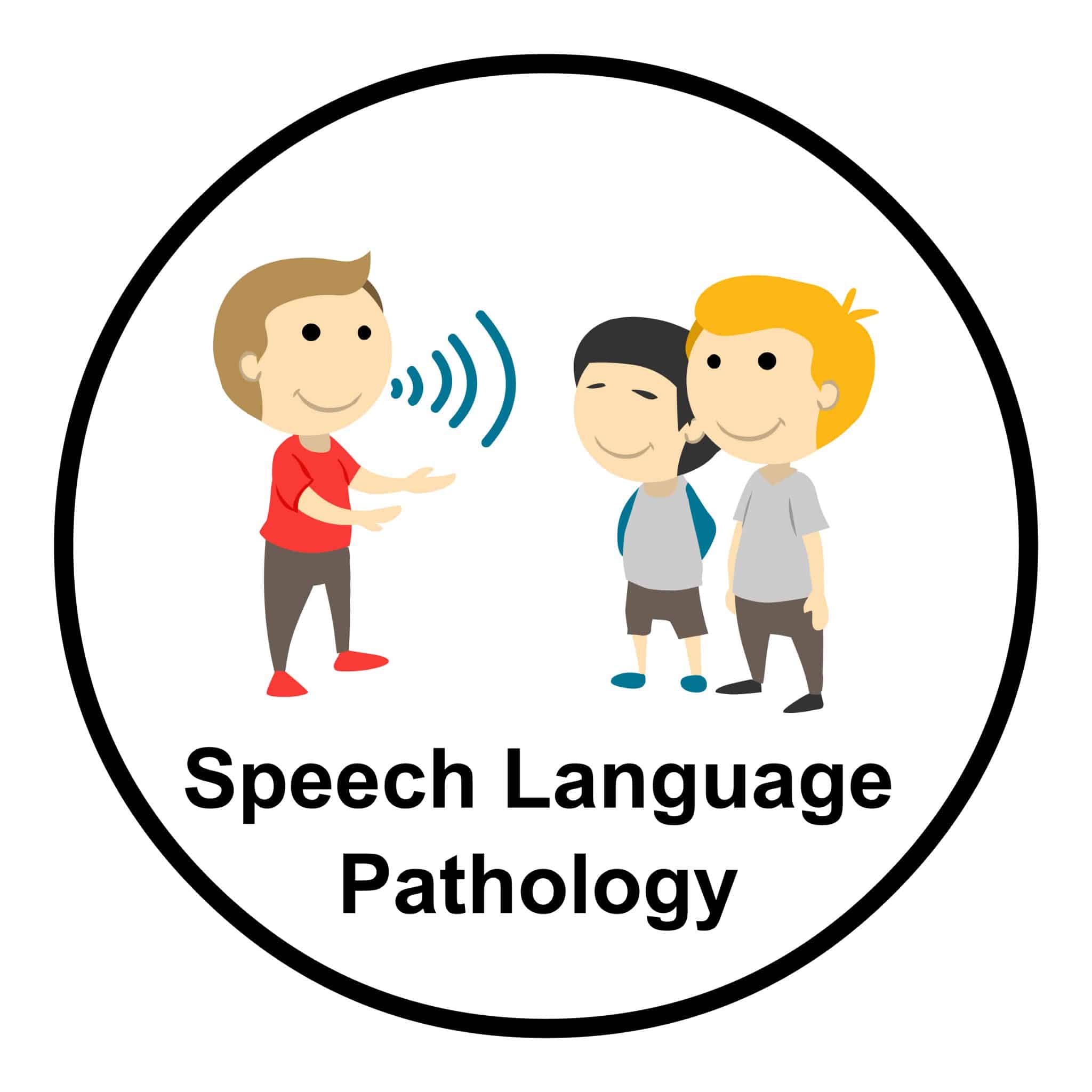Communication Boards for Ukrainian Refugees

We have created a one page communication boards (general and medical needs) to help refugees communicate their basic needs.
This was designed with people with additional needs in mind, who may not have access to their communication board or systems, however can support communication for anyone.
If further are needed, please let us know and we can create them. These are humbly created and we do not claim to speak Ukrainian, so please do correct us if these are incorrect. We are working on more languages and will update them as they are completed.
We are making a master list of all the best communication boards that have been created to make it easy – you can browse the ones you may need.
How to help:
If there are any Occupational Therapists or Allied Health Professionals interested to help, please join ‘OTs4Ukraine’ on Facebook. You can find more here and here.
You can also donate via the Red Cross here.
We have written another blog post about how else you can help – you can find out more on this blog!
Best List of Communication Boards for Ukrainian Refugees:
Twinkl have resources for children and adults who are displaced or moving to other countries.
The Centre for Cultural Diversity in Ageing (Australia) has a range of communication boards and Multi-Lingual Resources. You can find it here.
Supporting children with Autism through uncertain times resource, from the Autism Focused Intervention Resources and Modules (AFIRM).
Tobii Dynavox have created detailed communication boards, which can be found here. They have this set the general communication in several languages including Polish, Moldavian, Romanian, Slovak, German, Hungarian. The medical board is only Ukrainian-English.
BonVegan have shared a communication board in Estonian which can be found here.
English – Ukrainian
- Communication Board General
- Communication Board Hospital
 Loading...
Loading...
 Loading...
Loading...
Spanish – Ukrainian
- Communication Board General
- Communication Board Hospital
 Loading...
Loading...
 Loading...
Loading...
Polish-Ukrainian
- Communication Board General
- Communication Board Hospital
 Loading...
Loading...
 Loading...
Loading...
Some additional/ alternate Polish Communication Boards (specifically medical/health) have been created by Weronika Firlejeczyk and can be found here.
German Ukrainian Communication Boards
- Communication Board General
- Communication Board Hospital
 Loading...
Loading...
 Loading...
Loading...
Created by Widget and shared for free. More Languages to come.









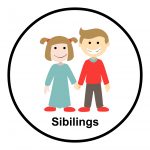
 there were times that the sibling did something embarrassing in front of your friends or peers? Maybe there were just feelings of anxiety or loneliness because you were the only sibling at your school? These are all normal emotions of a child sibling but as we age, there are new roles that emerge when we become adults and those feelings are set aside.
there were times that the sibling did something embarrassing in front of your friends or peers? Maybe there were just feelings of anxiety or loneliness because you were the only sibling at your school? These are all normal emotions of a child sibling but as we age, there are new roles that emerge when we become adults and those feelings are set aside.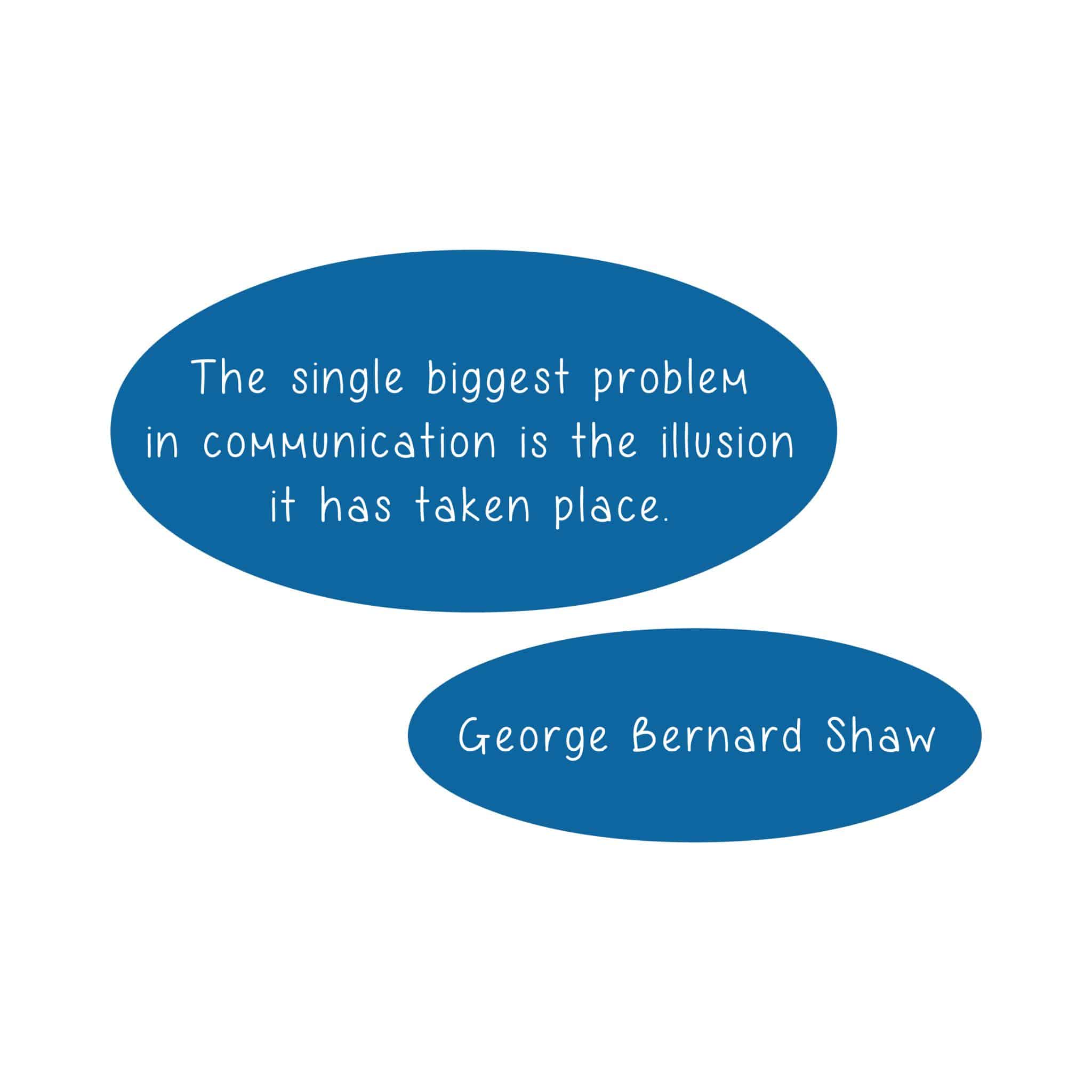
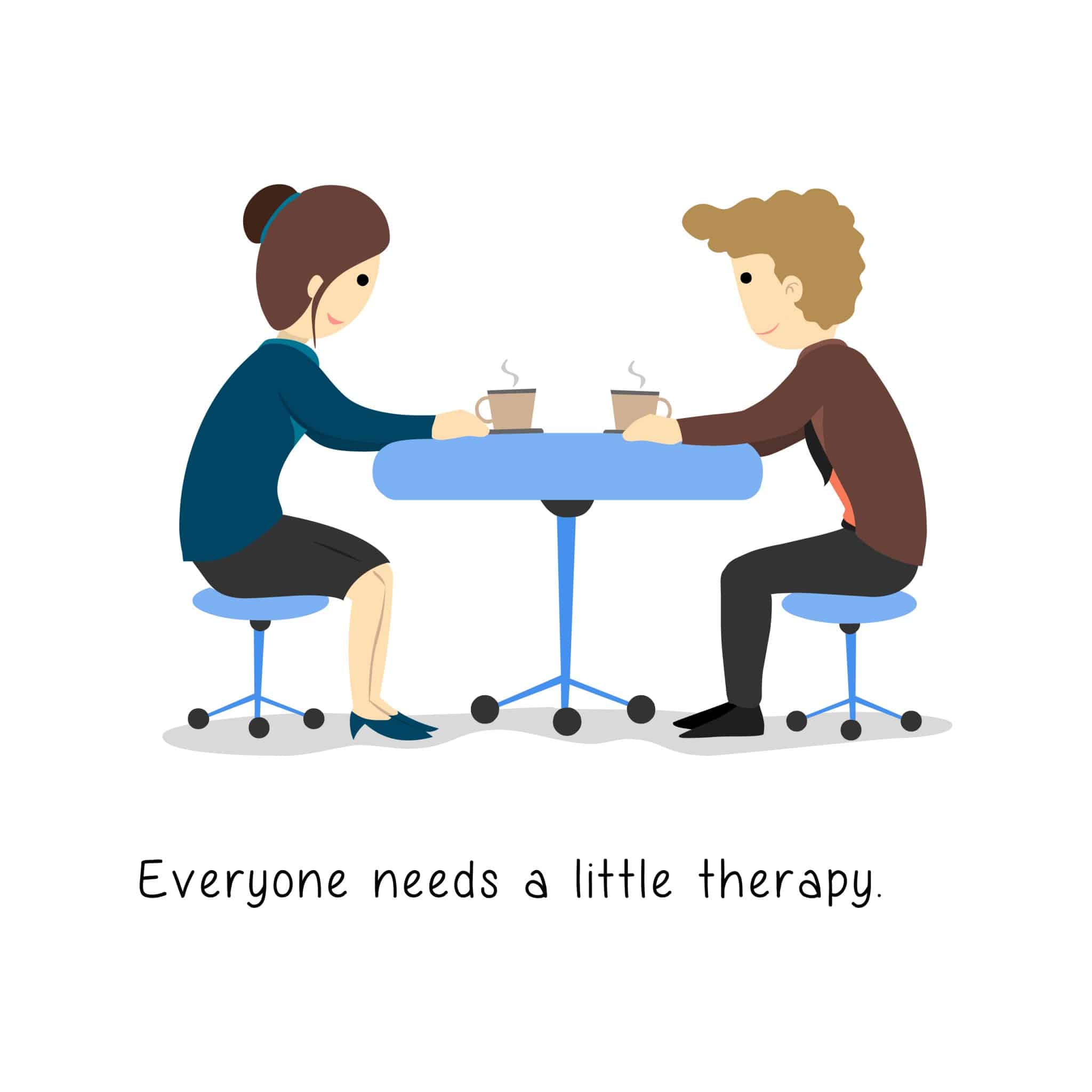







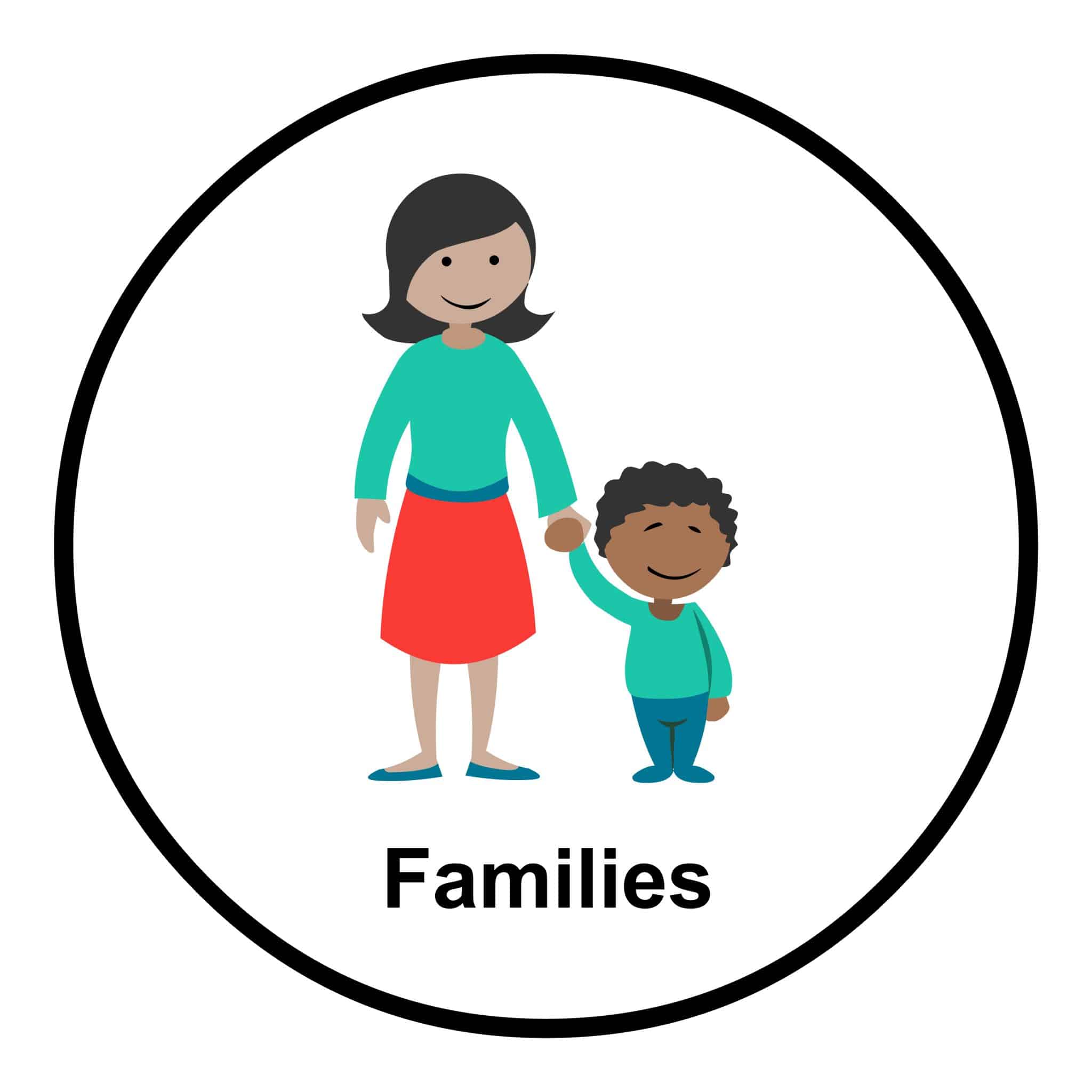

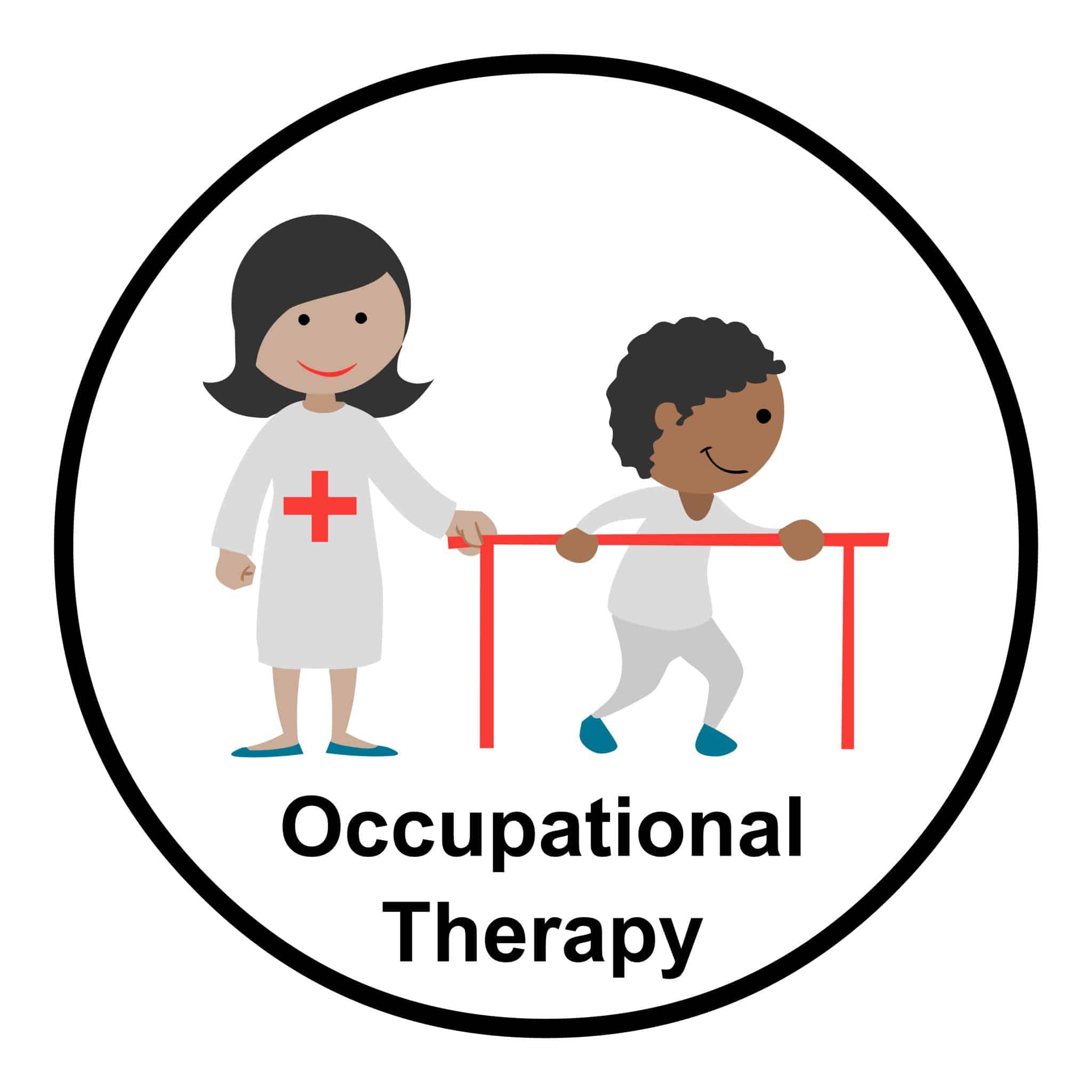







 “I was so excited to be offered the chance to speak at the next ISAAC Conference on the Gold Coast. The conference is for people who use and/or work with alternative and augmentative communication (AAC). AAC includes such methods as symbols, signs and speaking devices. When the conference is in the UK, I usually attend and when I saw this conference was in Australia I jumped at the chance.
“I was so excited to be offered the chance to speak at the next ISAAC Conference on the Gold Coast. The conference is for people who use and/or work with alternative and augmentative communication (AAC). AAC includes such methods as symbols, signs and speaking devices. When the conference is in the UK, I usually attend and when I saw this conference was in Australia I jumped at the chance.